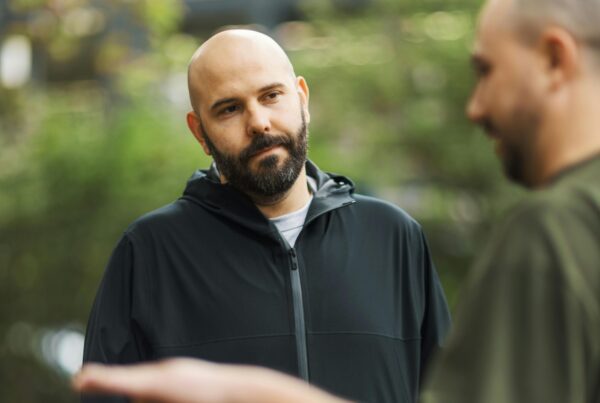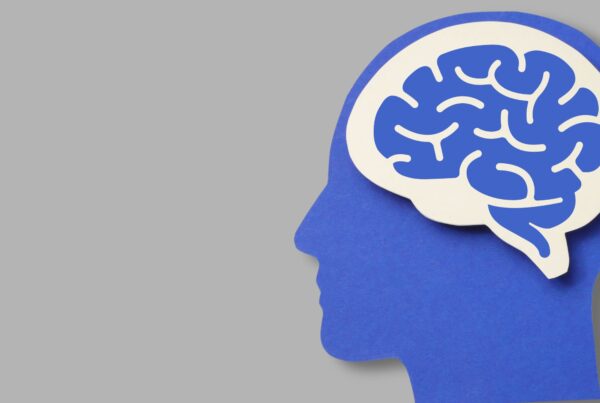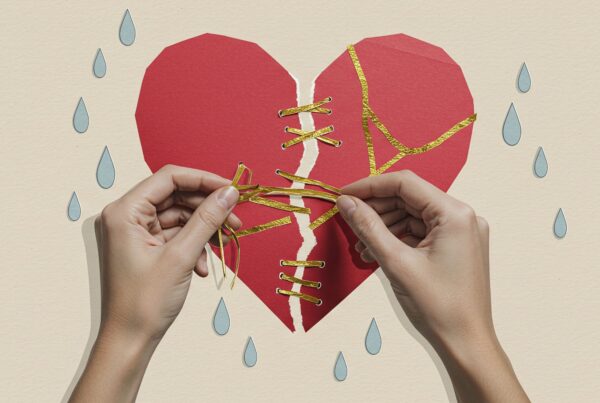If you’ve ever found yourself suddenly overwhelmed with fear, shame, or sadness—without any clear memory or event triggering it—you might have experienced an emotional flashback. Unlike traditional trauma memories, emotional flashbacks don’t always come with images or a storyline. Instead, they drop you into the raw feelings of the past, often leaving you confused about why you feel the way you do.
For many people living with trauma or complex PTSD (C-PTSD), understanding emotional flashbacks is an important step toward healing. So, what exactly are they, and how do they differ from memories or other trauma flashbacks? Let’s break it down.
What Are Emotional Flashbacks?
An emotional flashback is an intense emotional state that pulls you back into feelings from a past trauma—without necessarily recalling the memory itself. You might suddenly feel:
- Crippling fear, even when you’re safe
- Deep shame or guilt, without an obvious reason
- Anger or grief that feels bigger than the situation at hand
- A sense of being small, powerless, or trapped
Unlike visual flashbacks, which may replay images or sensory memories, emotional flashbacks show up as raw, overwhelming feelings.
Emotional Flashback vs. Memory: What’s the Difference?
Here’s where things can get confusing. Trauma memories and emotional flashbacks are connected but not the same.
- Memories have context. When you recall a memory, you usually know when and where it happened—even if it’s painful.
- Emotional flashbacks lack a storyline. You may feel the emotions of trauma without being able to connect them to a specific event.

Panic or a Racing Heart
- Memories are more cognitive. They can include images, sounds, smells, or details of what happened.
- Emotional flashbacks are somatic and emotional. Your body reacts as if you’re back in danger, even if your mind can’t place why.
Think of it this way: a memory reminds you of something that happened. An emotional flashback drops you into the feelings of it, often without explanation.
Signs You Might Be Experiencing an Emotional Flashback
Because they don’t come with pictures or “movie reel” style memories, emotional flashbacks can be tricky to identify. Some common signs include:
- A sudden shift in mood that feels extreme compared to the situation
- Feeling like a small child again—helpless, scared, or unseen
- Intense shame or guilt that doesn’t match what’s happening around you
- Panic, racing heartbeat, or feeling trapped
- A desire to hide, run away, or “numb out”
If you’ve ever wondered why you’re “overreacting” emotionally but can’t tie it to a memory, it could be an emotional flashback.
Why Emotional Flashbacks Happen
Emotional flashbacks are tied to how the brain stores trauma. For those with complex trauma or C-PTSD, early or repeated traumatic experiences often get stored in the nervous system without clear narrative memories. Later in life, stress or triggers can activate the feeling state of those old experiences—even when no conscious memory is present.
What Helps During an Emotional Flashback?
While everyone’s healing process is unique, many people find these strategies supportive when caught in an emotional flashback:
- Name it. Simply recognizing, “This is an emotional flashback,” can take away some of the confusion.

How to Soothe during Emotional Flashbacks
- Ground yourself. Notice your surroundings. Engage your senses—look around, touch something solid, breathe slowly.
- Soothe your body. Gentle movement, calming breath, or holding something comforting can signal safety to your nervous system.
- Offer inner reassurance. Remind yourself: This feeling is from the past. I am safe in the present.
- Seek support. Talking with a trusted friend or trauma-informed professional can help you process and make sense of the experience.
How Kansas City Therapy Can Help
If emotional flashbacks are leaving you stuck, working with a trauma-informed professional can make a real difference. A Kansas City therapist who understands trauma and C-PTSD can help you learn grounding skills, build emotional resilience, and work through painful memories in a safe and structured way.
In Kansas City therapy, you’ll have the chance to connect your emotional experiences to the story of your life, so the feelings don’t keep ambushing you without context. With the right support, you can begin to feel more grounded, safe, and present.
Final Thoughts
Understanding emotional flashbacks is a powerful part of trauma recovery. Unlike memories, which tell a story, emotional flashbacks are about feelings that flood in without context. They’re not a sign that you’re “too sensitive” or “broken”—they’re your nervous system’s way of signaling unresolved pain.





